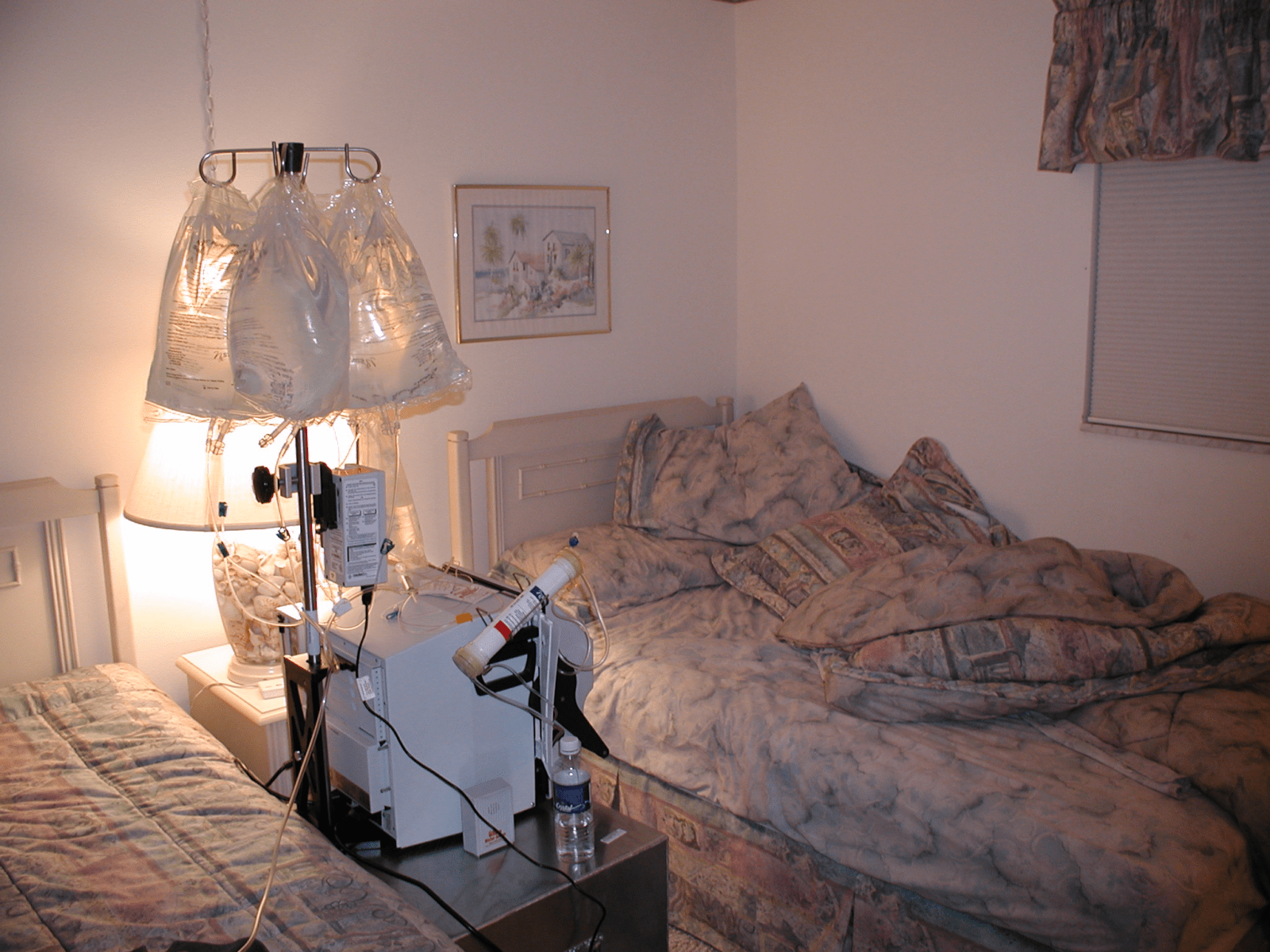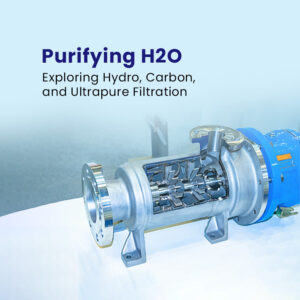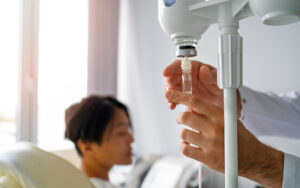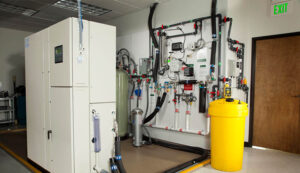Dialysis water treatment systems are essential in the dialysis process, as they help remove impurities from the water used to clean the patient’s blood during the treatment. Dialysis machines require high-quality water that is free from contaminants, including bacteria, viruses, and chemicals.
In this blog, we will let you know why dialysis treatment requires its own water purification systems and how it can be done in homes as well.
Dialysis and Water Treatment – What is the Link?
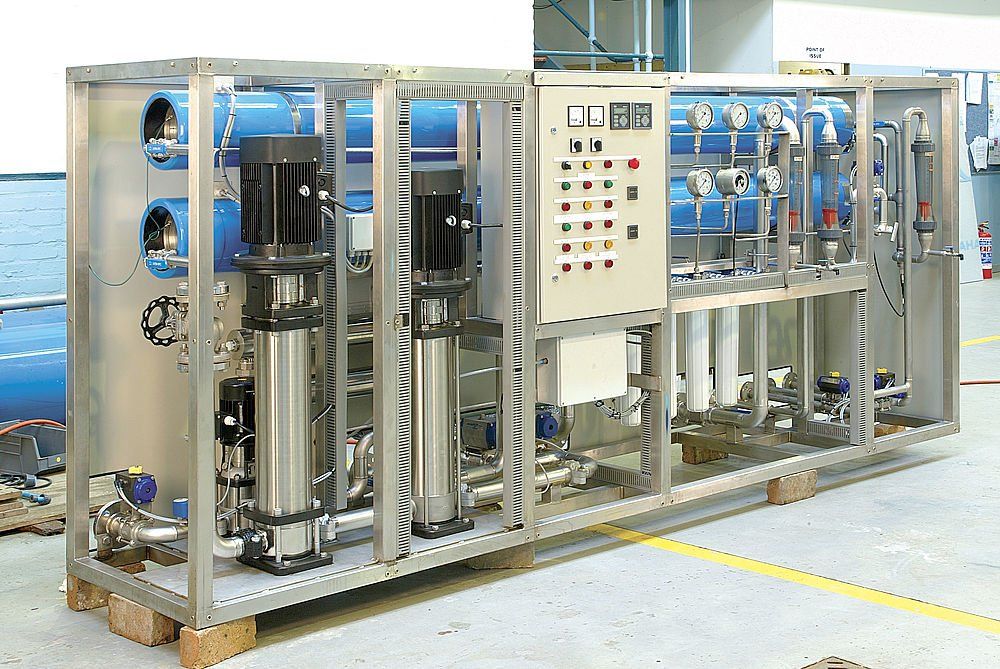
Dialysis is a medical procedure that is used for treating individuals with kidney failure. It acts as an alternative to the kidney’s functions when the organs are no longer functioning properly in the patient’s body. During dialysis, a patient’s blood is filtered to remove excess fluids, waste products, and toxins that the kidneys are no longer able to remove. To perform this filtration, a dialysis machine uses a semi-permeable membrane that allows certain particles to pass through while keeping others out.
One of the critical components of dialysis is the use of clean water. The dialysis machine relies on high-quality water to ensure that it functions properly and provides safe and effective treatment. Regular tap water may contain impurities, such as bacteria, viruses, minerals, and chemicals, that can harm patients and damage the dialysis machine.
To ensure that the water used for dialysis is of the highest quality, special water treatment systems are installed in dialysis clinics and hospitals. These systems remove impurities and contaminants, such as bacteria, viruses, chlorine, and minerals, from the water. The treated water is then stored in tanks and passed through the dialysis machine during the treatment process.
In addition to the water treatment systems, dialysis facilities also follow strict protocols to maintain water quality. These protocols include regular testing and monitoring of water quality, maintenance of the water treatment systems, and disinfection of the water storage tanks and distribution lines.
It is important to know that the water used in dialysis is not the regular filtered water we use or even tap water. The water used in dialysis has to be as pure as possible because what can be safe to consume is not necessarily safe to inject into one’s body to filter out impurities, toxins, and chemicals.
The Role of Water Purification Companies
Water purification companies handle dialysis water treatment by designing and installing specialized water treatment systems. These systems typically include a series of filtration stages, reverse osmosis, and deionization to remove contaminants from the water. The water must meet strict purity standards set by regulatory bodies, such as the Association for the Advancement of Medical Instrumentation (AAMI) and the International Organization for Standardization (ISO).
Dialysis water treatment systems typically use reverse osmosis to remove dissolved minerals and other impurities. This process involves forcing water through a semipermeable membrane under high pressure, which traps the impurities and allows pure water to pass through. Reverse osmosis is typically followed by deionization, which removes any remaining ions, including minerals and trace elements.
The water purification companies must also ensure that the dialysis water treatment system is regularly maintained and tested to ensure the water quality remains consistent. This includes regular monitoring of the water for bacteria, viruses, and other contaminants.
What Level of Water Quality is Needed for Dialysis?
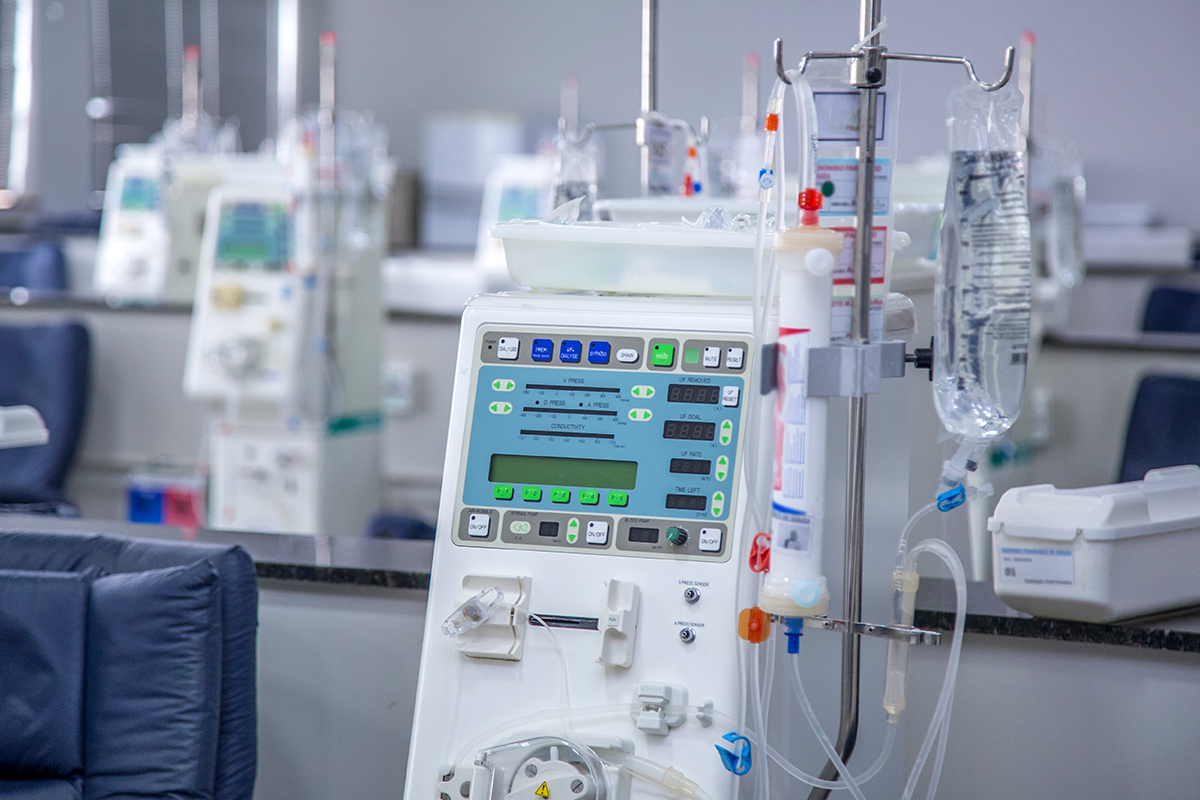
The water we drink is unfit for the purpose of dialysis, but that does not mean that we drink unhealthy or unfiltered water. In fact, that ‘ultrapure’ water used for dialysis treatment can be deemed unfit for consumption, as it does not contain much of what is necessary and what we are used to. Even the purest natural stream of water will not have water without any chemicals or nutrients within that ultrapure water, meaning it is not for drinking.
That is why water purification systems for dialysis treatment typically include multiple stages of filtration and purification, including reverse osmosis, deionization, and ultraviolet light treatment, to remove impurities and ensure the water meets strict purity standards set by regulatory bodies.
Home-based Dialysis Treatment

Patients with failing or failed kidneys cannot stay in hospitals for the rest of their lives. Luckily, all this can be done at home.
Dialysis water treatment systems are an essential component of home-based dialysis. As tap water cannot be used, it requires using the water purification system, and one of the most important aspects is that it also requires a lot of water. An average person living 80 years and consuming a gallon of water a day (8 glasses is half a gallon) consumes about 30,000 gallons of water, which is already on the high side. In contrast, dialysis treatment over three years can consume over 19,000 gallons.
Most water purification companies build, sell, and install water purification systems that can meet quality standards. They are also compact and portable and contain enough quality-of-life features that patients are given all the information they need, such as alarms that alert the user on the quality of water. The ISO 23500 standards require that machines used to produce dialysis water are all self-contained and do not require any additional machines or modification, making them much more friendly for patients to use at home.
Conclusion
Dialysis treatment is for when the kidneys stop working, and the treatment requires a lot of water to be used. The water also needs to be very pure, far more than the filtered water we drink, even though that tap water is perfectly safe for consumption.
That is where dialysis water purification machines come in. They filter the water through a series of processes such as reverse osmosis and deionization, making it reach an ‘ultrapure’ state, the purest form of water ideal for hemodialysis.
The nature of both the ailment and the procedure also means it has to be done in the long term, which is why home-based hemodialysis is a viable option. Following the latest standards, water purification companies now have to provide self-contained water treatment systems to help purify the water and improve the quality of life for patients across the board.

